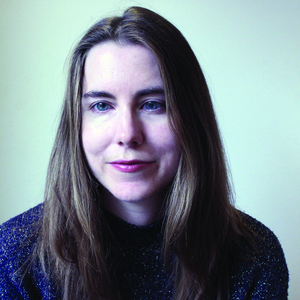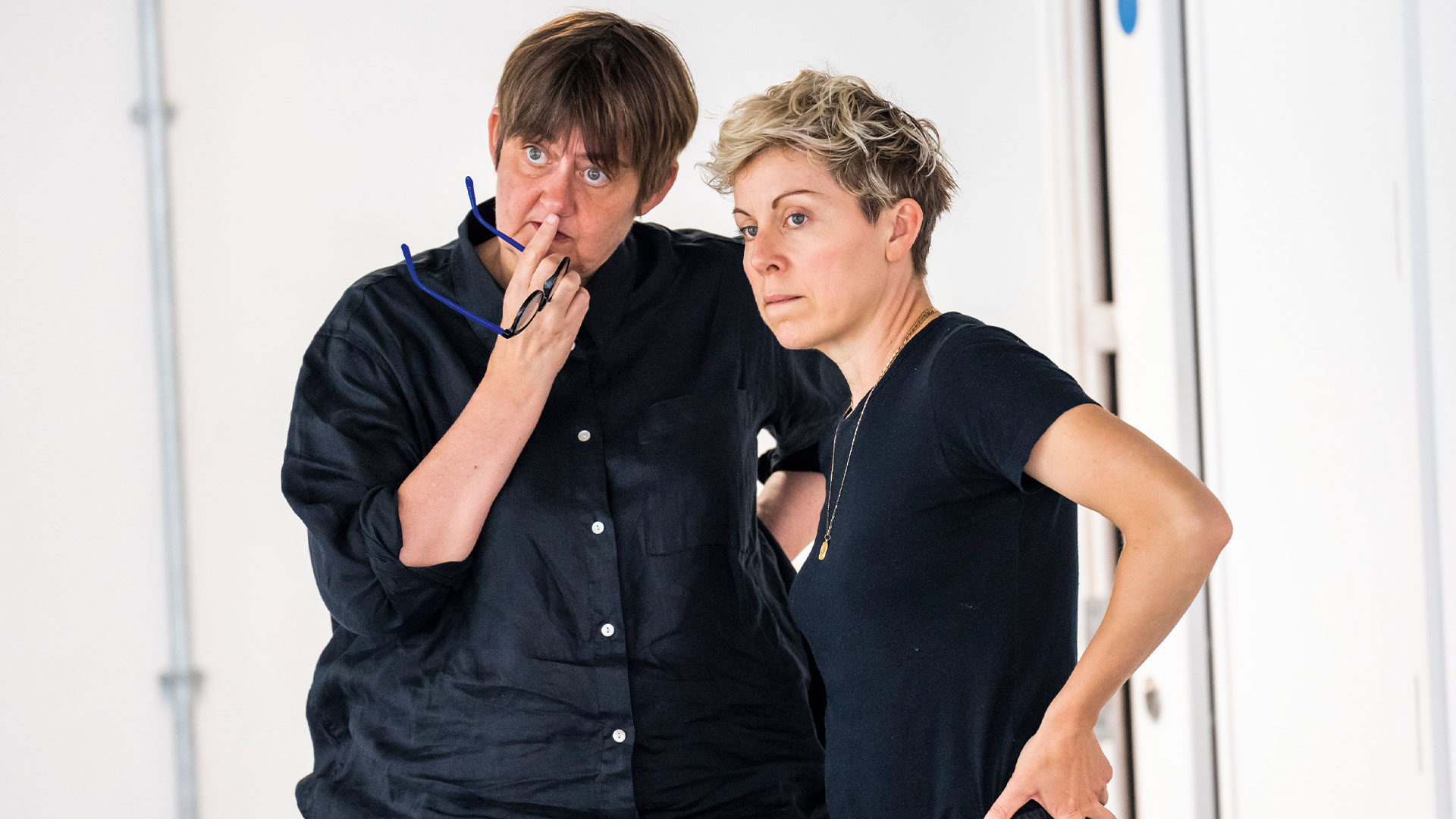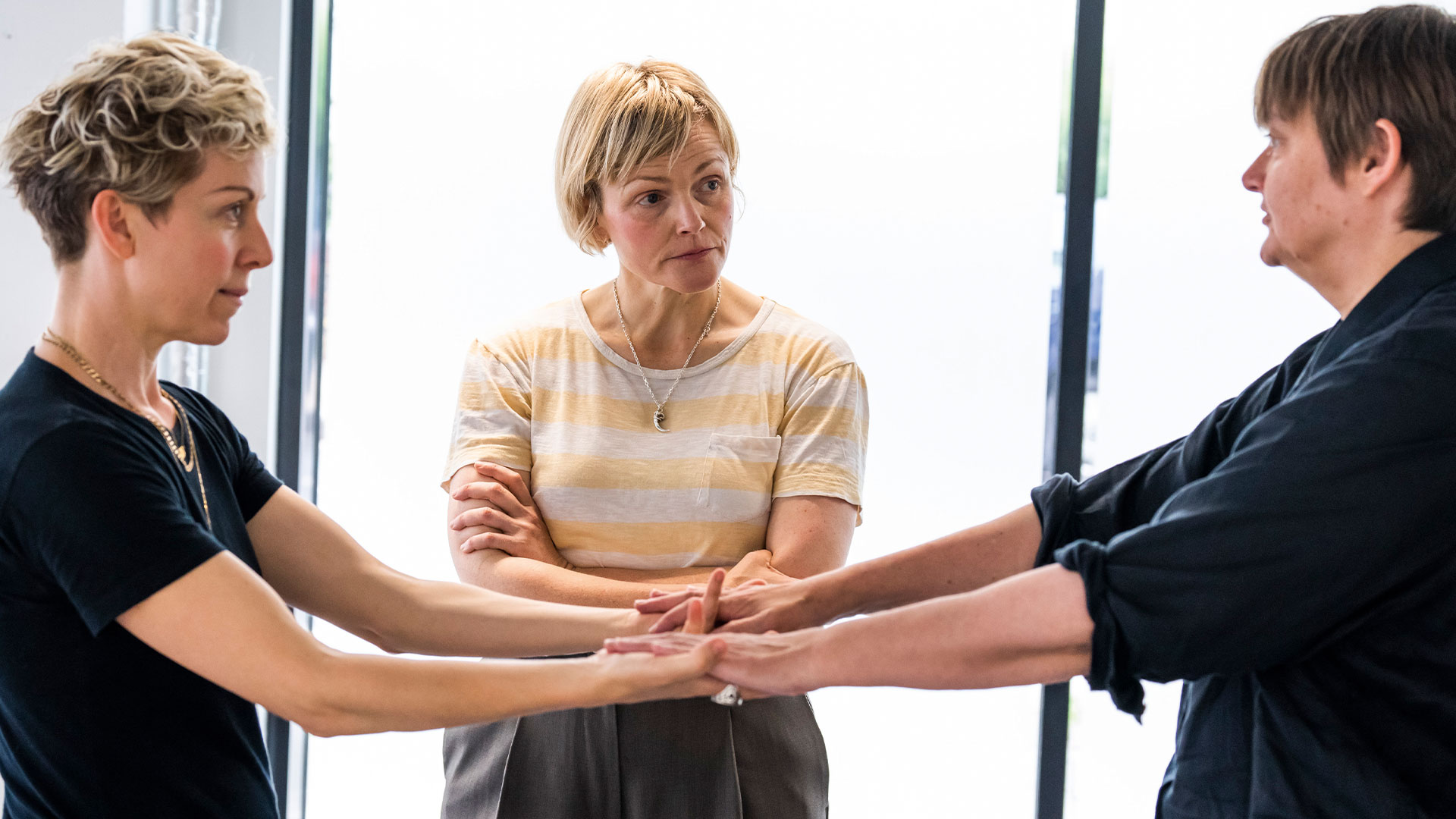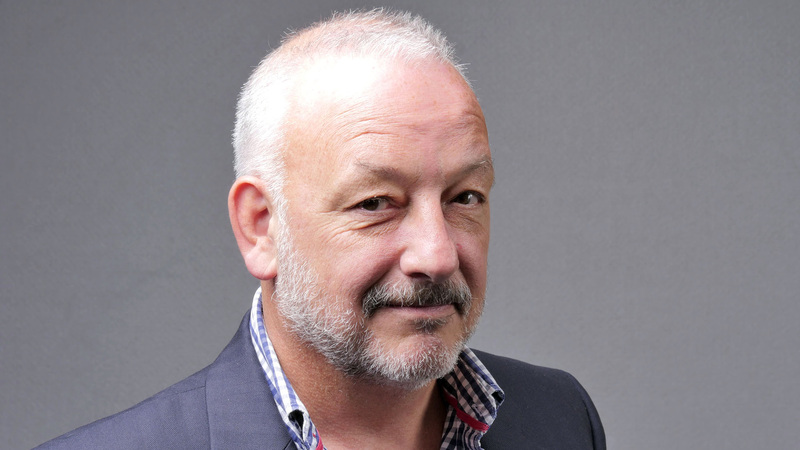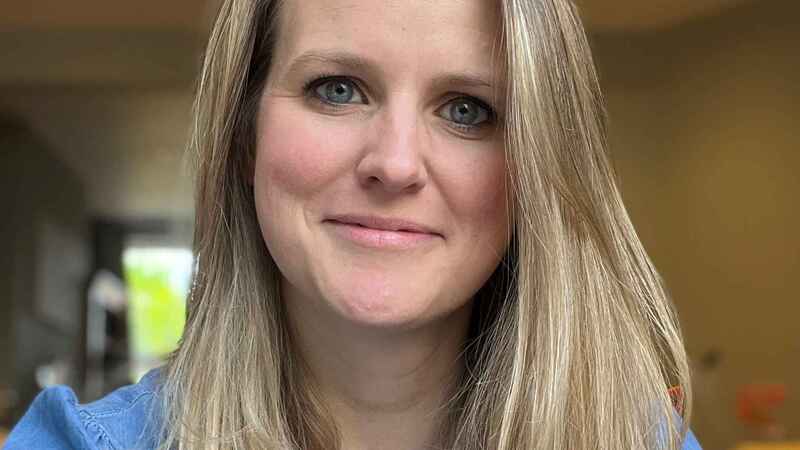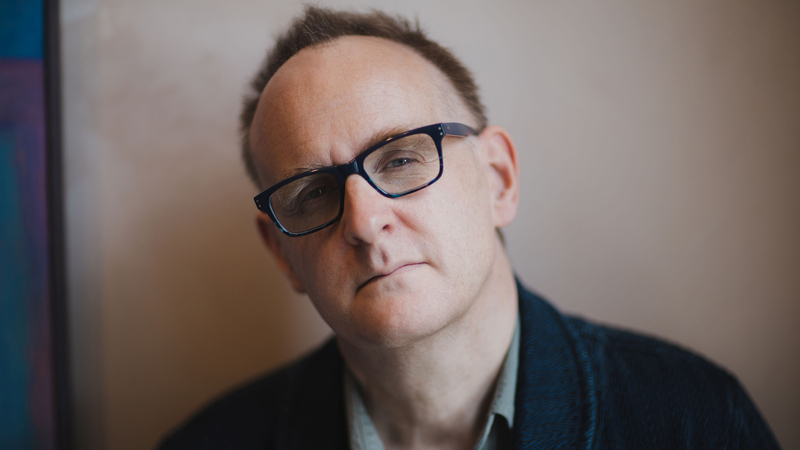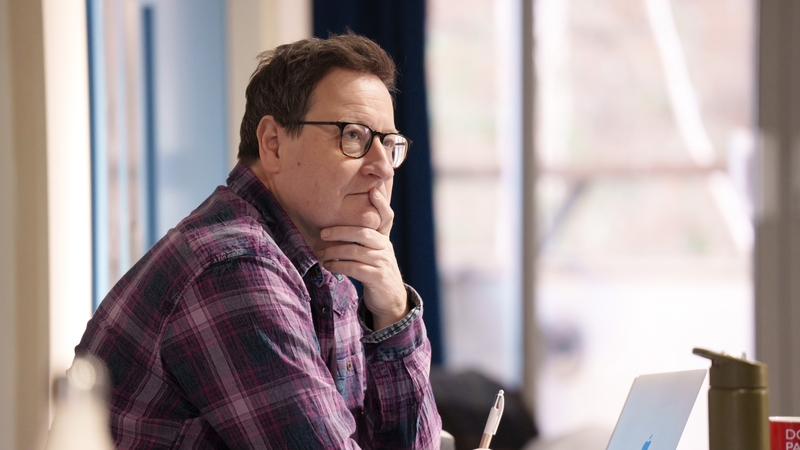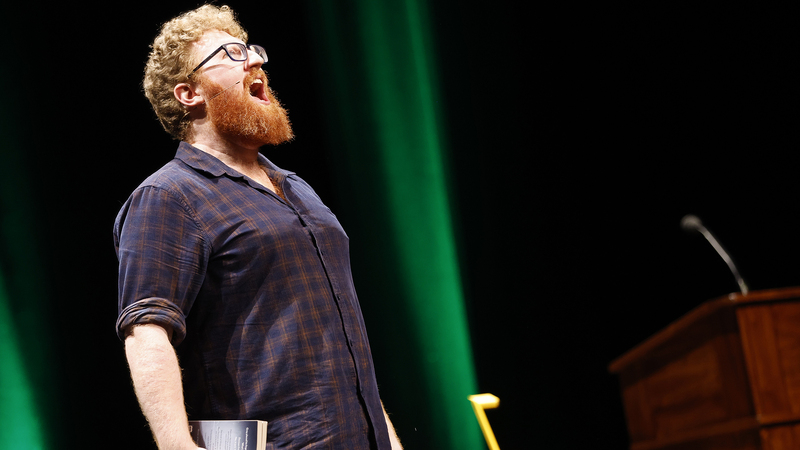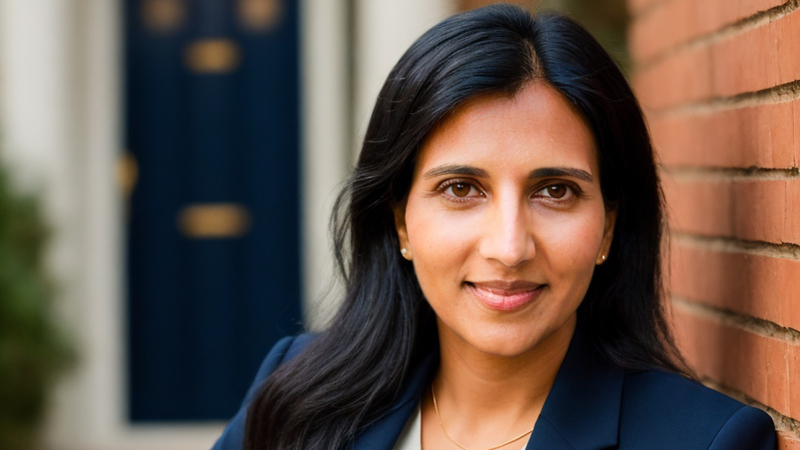You are viewing your 1 free article this month. Login to read more articles.
Manchester leads the way with visionary adaptations
Manchester International Festival shows theatre-makers taking inspiration from rediscovered literary gems.
Kay Dick’s dystopian novella They was first published in 1977. It’s an unsettling work set in an England where artists, musicians and intellectuals are targeted by a mysterious group – the “they” of the title – who despise art in all its forms. They destroy works of art and burn poetry. Anyone who resists, who continues to express themselves creatively, is brutally punished. They do not limit their attacks to artists, anyone who lives alone or displays independence of thought is also targeted.
Subtitled “a sequence of unease", Dick’s novel itself did poorly on publication. It was not widely read and the reviews were not kind. As a result, the book was out of print for over 40 years before its chance rediscovery – during the pandemic, as described in Sam Knight’s fascinating article in the New Yorker, literary agent Becky Brown came across a battered copy in an Oxfam charity shop. Together with critic Lucy Scholes they tracked down Dick’s estate. They was published last year by Faber in Britain, and by McNally Editions in the United States.
Since its republication, They has come to be considered a lost classic, a prescient and radical text, a warning from the past. Margaret Atwood praised it. It’s also now the basis of new production created by actor and writer Maxine Peake, director Sarah Frankcom and choreographer Imogen Knight for the Manchester International Festival. Their adaption of the cult novella will be performed in Manchester’s iconic John Rylands Library. This is the creative team’s latest collaboration. They previously worked together on Caryl Churchill’s play "The Skriker" and "The Nico Project" – part concert, part performance, part haunting in which Peake appeared possessed by the German singer and Warhol collaborator Nico — and a staging of Percy Bysshe Shelley’s poem, "The Masque of Anarchy", read by Peake in a candlelit chapel. Written to mark the Peterloo Massacre and performed on its anniversary, Peake gave the poem a galvanising power, the hall echoing with the refrain: “Ye are many; they are few.”
UK theatre can with some justification be described as having a fixation on classic texts, our stages populate by a steady stream of Dickens and Brontë with a side-helping of Harper Lee and John Steinbeck
Each performance was exhilarating in its own way, whether through the sheer force of Peake’s performance or the way it conversed with the space in which it was performed. Peake and Frankcom arguably have one of the most fruitful creative relationships in UK theatre – Frankcom has also directed Peake in "Hamlet" and "A Streetcar Named Desire" — constantly challenging each other. The trio have recently formed their own company MAAT (which stands for Music, Art, Activism and Theatre). Their work always has a political edge, and They has clearly been chosen for its visionary qualities. “When you look in the north, what’s been happening with cultural institutions being closed, it does feel like we’re creeping towards something like it,” Peake said in a recent Guardian interview.
This year’s MIF programme also includes composer Philip Venables and director Ted Huffman’s new opera based on another text from 1977, Larry Mitchell’s "manifesto-cum-fable" The Faggots and Their Friends Between Revolutions. Based on the writer’s experiences in gay communities of the 1970s, Mitchell’s text is described by Huffman as “unapologetically queer". The opera was performed earlier this month at Manchester arts venue Home. “What Venables and Huffman have achieved is to give Mitchell’s utopian vision of loving collective action a physical shape,” said Guardian opera critic Flora Wilson of the production.
Founded in 2007, the Manchester International Festival takes place every two years and has a specific focus on original new work. Many of the productions are international co-productions featuring major international artists and form-bending and form-fusing work is common. Previous festivals have included a visually striking version of Italo Calvino’s Invisible Cities adapted by Lolita Chakrabarti, with state-of-the-art projections by 59 Productions, which took place in an abandoned railway station, and a Wayne McGregor ballet inspired by Jonathan Safran Foer’s Tree of Codes.
UK theatre can with some justification be described as having a fixation on classic texts, our stages populate by a steady stream of Dickens and Brontë with a side-helping of Harper Lee and John Steinbeck. The Manchester International Festival is well-resourced and not as subject to commercial pressures as most UK theatre. Without the need to crowd-please shaping decisions, it is able to present an alternative vision in which theatre- makers can take inspiration from the wayward and strange, from neglected oddities and rediscovered gems, cult texts and obscure counter cultural works—or a once-forgotten dystopia from the 1970s that speaks eerily and eloquently to the current moment.
"They" is at the Manchester International Festival from 5th-9th July.
